Experts weigh up Coptic church attack
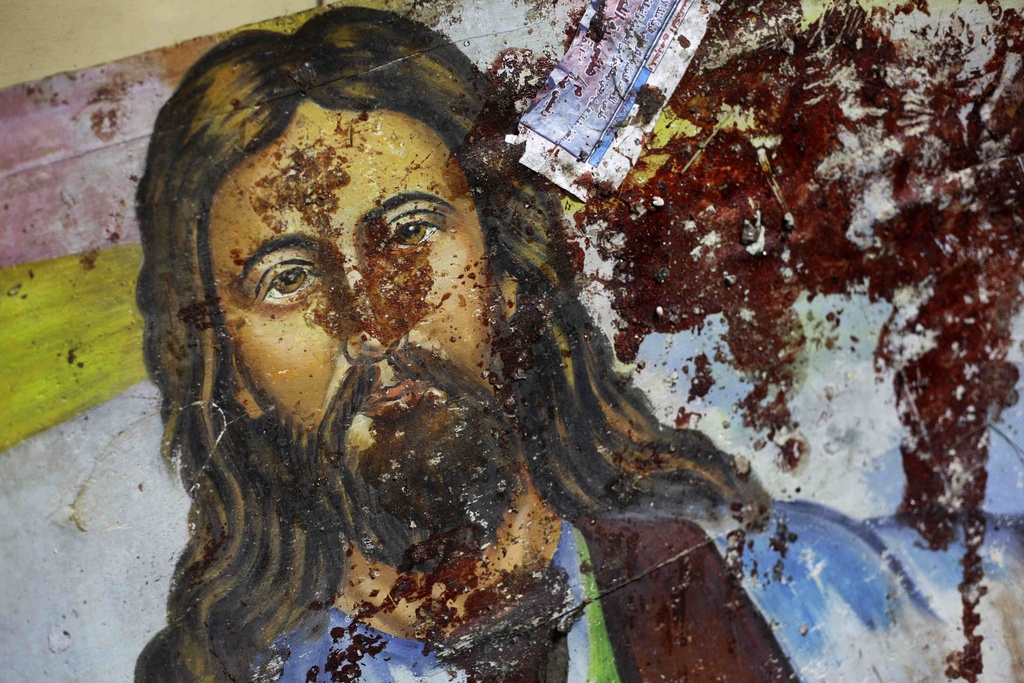
Coptic Christians in Switzerland feel threatened after a recent church bombing in Alexandria but observers say the blast is mainly linked to internal events in Egypt.
Like most eastern-rite churchgoers, Coptic Christians will be celebrating Christmas on January 7. This year Geneva police plan to provide security for the ceremony on the evening of January 6 at a Coptic church in Meyrin, canton Geneva.
“Our church, like 70 other Coptic churches around the world, features on a list of a radical Islamic site,” said Mikhail Megally, head of the Coptic community in French-speaking Switzerland. Two of the church’s prominent members, a theologian and a lawyer, are mentioned by name on the site.
In Egypt seven people are still being held as part of an investigation into the New Year’s Day attack outside a Coptic church in Alexandria which killed 23 people and left dozens wounded.
No clear official account has emerged of how the attack was carried out and no group has come forward to claim responsibility. Egyptian officials have said there are indications “foreign elements” were behind the blast. An Iraqi group linked to al-Qaida threatened in November to attack Egyptian Christians.
The incident has been widely condemned by the international community, church communities and by political groups like Hamas and Hezbollah.
“Holy ignorance”
For Georges Abi-Saab, professor at the Geneva-based Graduate Institute, those responsible essentially want to “attack the western-aligned Egyptian regime”.
“If they are fanatics such as al-Qaida, their goal is also to attack Christians,” the Egyptian-born non-Copt Christian told swissinfo.ch. “This happened just when the country is in a… not exactly unstable but more like dynamic phase. There has just been a parliamentary election and a presidential election will be held in nine months.”
For Ahmed Benani, a Moroccan-born political scientist and anthropologist, what happened cannot be explained by political conflict alone.
It’s what the French Islam specialist Olivier Roy refers to as “holy ignorance”, he explained.
“It’s religion without culture,” said Benani. “Today, those who claim to be believers… are ignorant of their own religion. Instead of peaceful messages within the different monotheisms, they advocate the rejection of crusades and Jews and call for ethnic cleansing. They demand a kind of return to the idea of the Mohammed city. We are in that kind of utopian ideal.”
“In Egypt there is a pathological conservative current and return to values like identity that is staggering,” he added. “It’s an identity defined by religious purity, essentialism, minorities, and the triumph of the veil – all these horrors.”
Hostile environment
The Coptic Church, notes Benani, is a religion which, unlike Islam, has remained very “territorial” and has not spread worldwide from Egypt for reasons linked to the country such as worship of saints, local culture and Arabian identity.
They live in an environment which is very hostile at a time when the new eastern Christians (American Evangelical Protestantism) are welcomed by the authorities and the poorer populations who benefit from their considerable charity and social work.
But once outside Egypt, are Copts really safe from jihadists? Terrorism is “blind violence – completely crazy people, who strike anywhere”, said Geneva professor Abi-Saab.
In the meantime, Egypt is preparing to elect a new president in September. After 30 years at the top, Hosni Mubarak should be calling things a day. For some time he has been preparing for his son Jamal to take over from him.
Muslim Brotherhood
“Whoever the potential presidential candidates are, no one will stray from the idea that Egypt is a Muslim country,” said Benani. “So it all turns into political one-upmanship led by the Muslim Brotherhood.”
According to Benani, the political group that was founded in Egypt in 1928 is, together with the army – from which the three last presidents originated – “the only organised power” in the country.
The Brotherhood offers “a complete philosophy, set of ethics and political and economic solutions all based on Islam. This simplified discourse is very popular among the working classes,” he added.
The Brotherhood movement is tolerated by the Egyptian authorities and candidates stand in elections as independents.
Although it held 88 seats out of 454 up to November 2010, the movement was heavily defeated in the second round of the legislative elections. Like the liberal Wafd party, the Brotherhood pulled out of the election blaming “massive fraud”.
The Copts of Egypt make up an estimated 6 to 10% to the 80 million inhabitants in the country.
Copts believe that the Coptic Orthodox Church was founded by the Apostle Mark. It dates from the time that Egypt was integrated into the Roman Empire after the fall of the last Pharaoh dynasty. In ancient Greek, the word “Copt” has the same root as the word “Egyptian”.
The decline of the Copts coincides with the Arab invasions of the 7th century and the progressive change of the country into a Muslim one. Copts are to be found across the country and across all social strata. Among them numbers the former United Nations Secretary-General Boutros Boutros-Ghali.
The Copt diaspora, formed of people who have mostly emigrated since the 1960s, numbers around 2 million and is principally found in the United States, Canada and Australia.
In Switzerland there are around 300-400 Copt families, especially in Zurich, Geneva, Lausanne, Biel and Yverdon.
(Translated from French by Simon Bradley)

In compliance with the JTI standards
More: SWI swissinfo.ch certified by the Journalism Trust Initiative

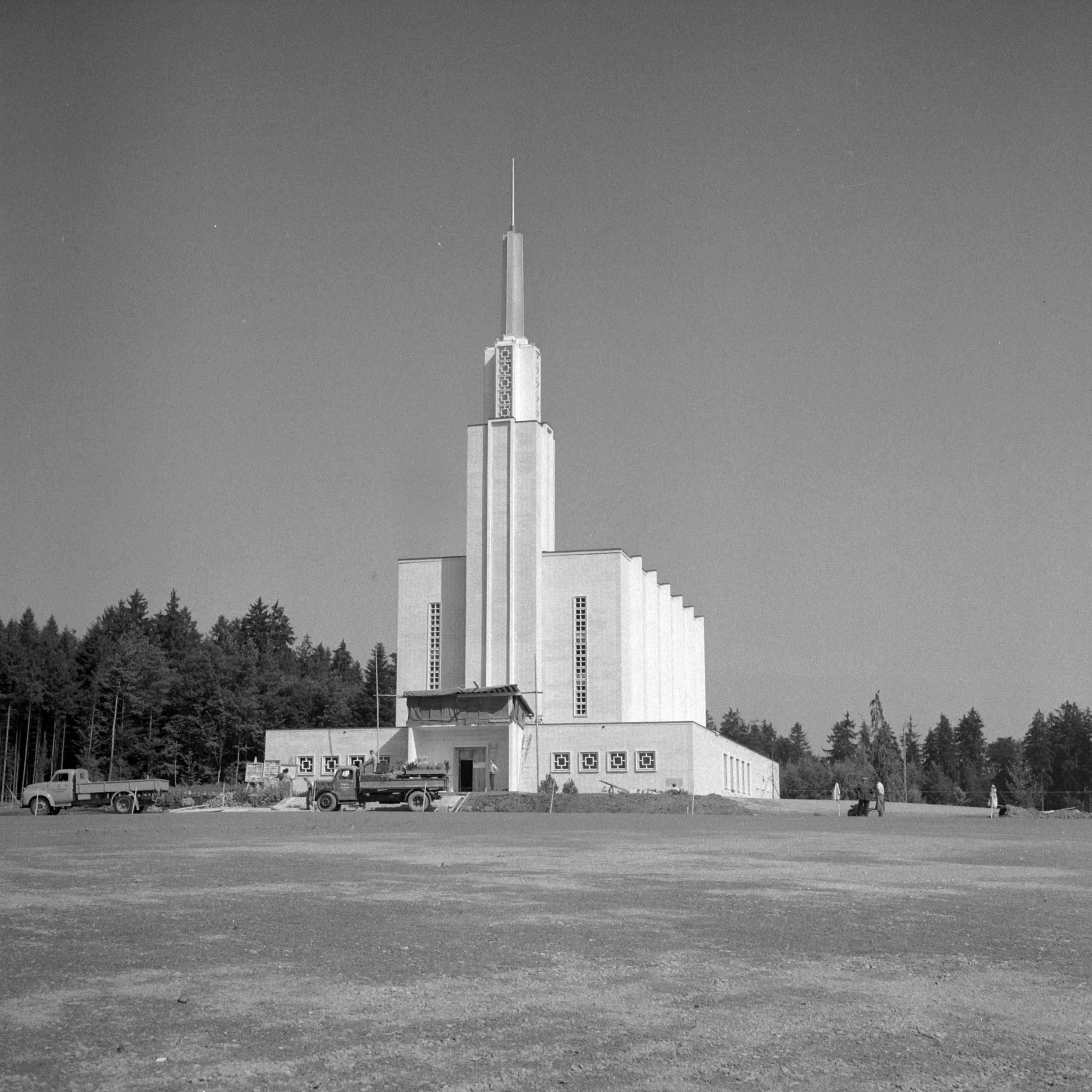
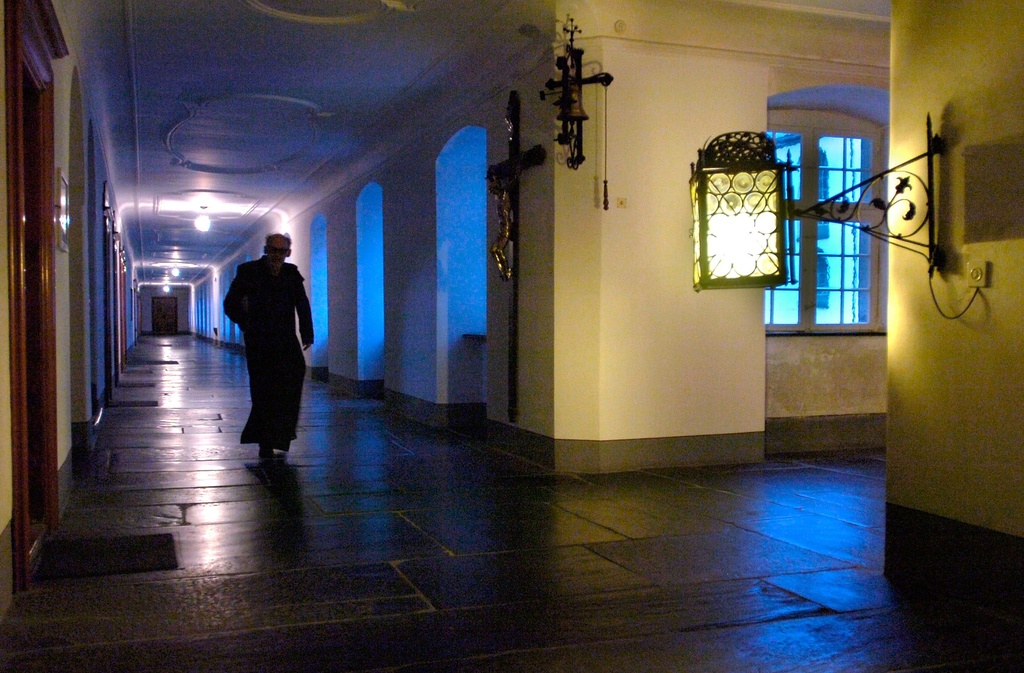
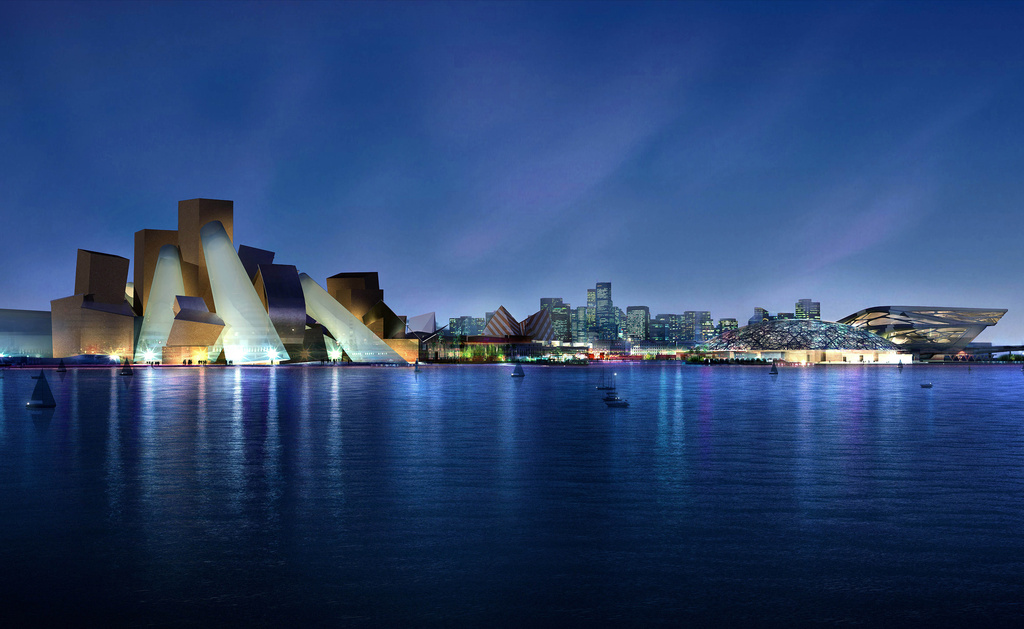
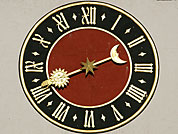
You can find an overview of ongoing debates with our journalists here. Please join us!
If you want to start a conversation about a topic raised in this article or want to report factual errors, email us at english@swissinfo.ch.